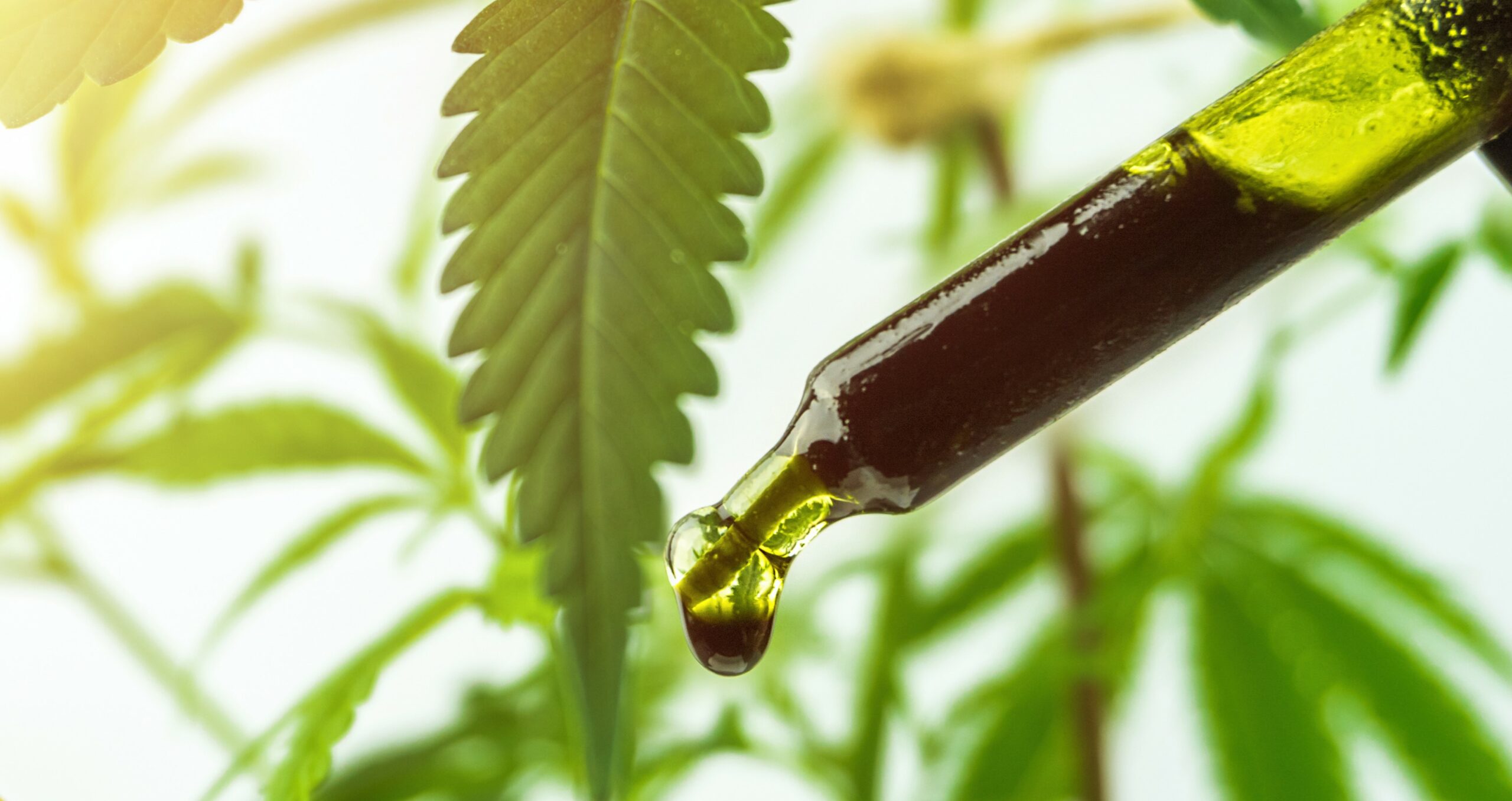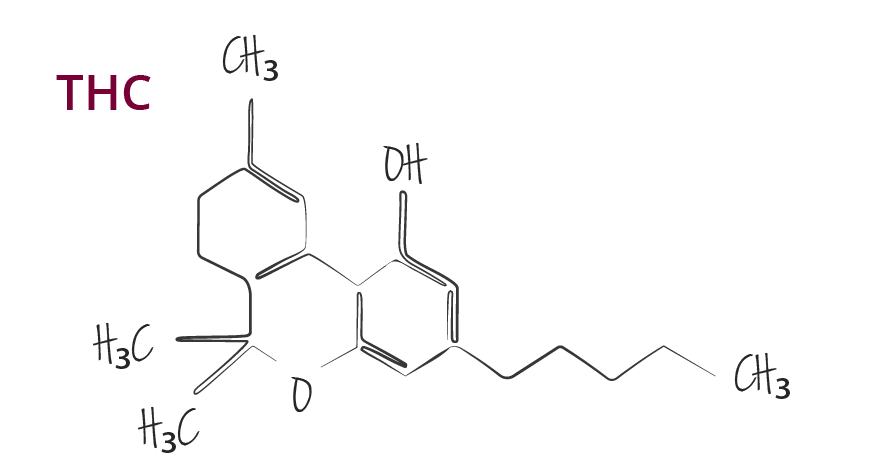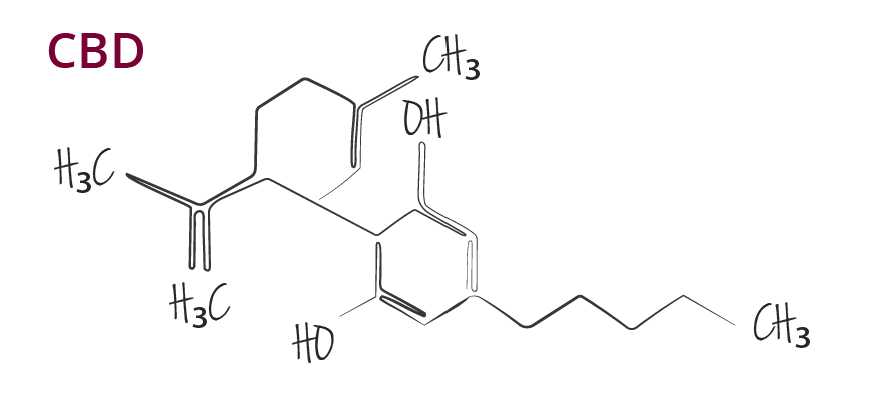Do you know your THCs and CBDs?

SPONSORED CONTENT
There are more cannabinoid-based products available in Canada now than ever before. With all this choice it is easy to become confused about the best option to suit your needs – and to tell your THCs from your CBDs.
To help us better understand the differences between THC and CBD for symptom management we spoke to Dr. Lionel Marks de Chabris, Chief Medical Officer of ZYUS Life Sciences, a Canadian company leading research and development of the next generation of plant-made therapeutics. Read on to learn about the different roles that THC and CBD may play in improving your well-being.
Introduction to Phytocannabinoids
Cannabinoids, produced by the cannabis species, are called phytocannabinoids. They are known as the active ingredients of the cannabis plant. While CBD and THC may be the main, and most well-known, there are more than 120 different types of phytocannabinoids. The number of cannabinoids in any one plant can vary depending on the variety. Cannabinoids have been used for medical purposes for centuries to manage various symptoms and conditions based on their broad therapeutic potential. “Science has barely scratched the surface of cannabinoids and their potential to improve patient quality of life,” said Dr. Marks de Chabris. “From chronic pain to mental health conditions, research is essential to forge new pathways in medicine and elevate cannabinoids as a standard of care in Canada and around the world.”

THC and CBD
THC (delta-9-tetrahydrocannabinol) is one of the main phytocannabinoids produced by the cannabis plant and is responsible for many of the physical and psychotropic (e.g. euphoria or intoxication) effects associated with cannabinoids. “THC has been reported to potentially manage and alleviate symptoms for pain, sleep, muscle spasms, nausea and stimulating appetite – even at quite low doses,” said Dr. Marks de Chabris. Studies have shown that low amounts of THC (what is commonly referred to as “micro-dosing”) may help provide symptom relief1,2.
CBD (Cannabidiol), on the other hand, is also a main cannabinoid in the cannabis plant. Compared to THC, CBD is less abundant in the cannabis plant and has little to no intoxicating properties3. “The effects of CBD include helping to reduce inflammation, lowering pain, alleviating nausea and vomiting, reducing anxiety and lowering seizures in people with epilepsy,” said Dr. Marks de Chabris. “It is important to discuss the full range of therapeutic options with your healthcare practitioner (HCP), before starting any new treatment.”

Three Markets
Many Canadians view the cannabis market in two ways: medical and recreational. But there is a third segment that has been gaining awareness: Natural Health Products. Natural Health Products that contain CBD are often made with hemp-seed oil derived from industrial hemp and contain a very low amount of THC (0.3% or less). “Many sources of Natural Health Products design their products around lifestyle, in sharp contrast to medical cannabinoid formulations designed to manage and alleviate symptoms for patients,” said Dr. Marks de Chabris.
“Research has shown that there is a synergistic effect of having CBD paired with THC and that CBD on its own may not produce the effects medical patients require,” said Dr. Marks de Chabris. There may be benefits to choosing cannabinoid formulations from a licensed producer instead of Natural Health Products derived from industrial hemp. “Licensed producers like ZYUS are focused on delivering premium quality and standardized formulations to patients. They are also committed to scientific research to develop the next generation of cannabinoid-based therapeutics to improve patient quality of life.”
The Right Ratio for You
Cannabinoids may not be for everyone as individual responses differ from one person to another. “Discussing the full range of therapeutic options with your HCP is important so they can tailor a personalized management strategy for your condition,” said Dr. Marks de Chabris. Your HCP will have insight into your medical history that will help them make an informed decision to determine if a trial of cannabinoids is an option for you.
Now that you know your THCs and CBDs, you can start a conversation with your HCP about the right treatment plan to improve your quality of life.
To learn more about ZYUS, visit ZYUS.com
1 Abalia, H., Aharon-Peretz, J., Almog, S., Eisenberg, E., Hayon, Y., Lupo, T., Ogintz, M., Simon, V. 2020. The pharmacokinetics, efficacy and safety of a novel selective-dose cannabis inhaler in patients with chronic pain: A randomized, double-blinded, placebo-controlled trial. European Journal of Pain. https://doi.org/10.1002/ejp.1605. Accessed October 26, 2020.
2 Bennett, G., Collet J.P., Ducruet, T., Gamsa, A., Huynh T., Robinson, A., Shapiro, S., Wang, T., Ware, M. 2010. Smoked cannabis for chronic neuropathic pain: a randomized controlled trial. CMAJ. 182 (14) E694-E701. DOI: https://doi.org/10.1503/cmaj.091414. Accessed October 26, 2020.
3 Ashton CH. Pharmacology and effects of cannabis: A brief review. Br J Psychiatry 2001 02;178(0007-1250; 0007-1250):101-6. Accessed October 28, 2020.
